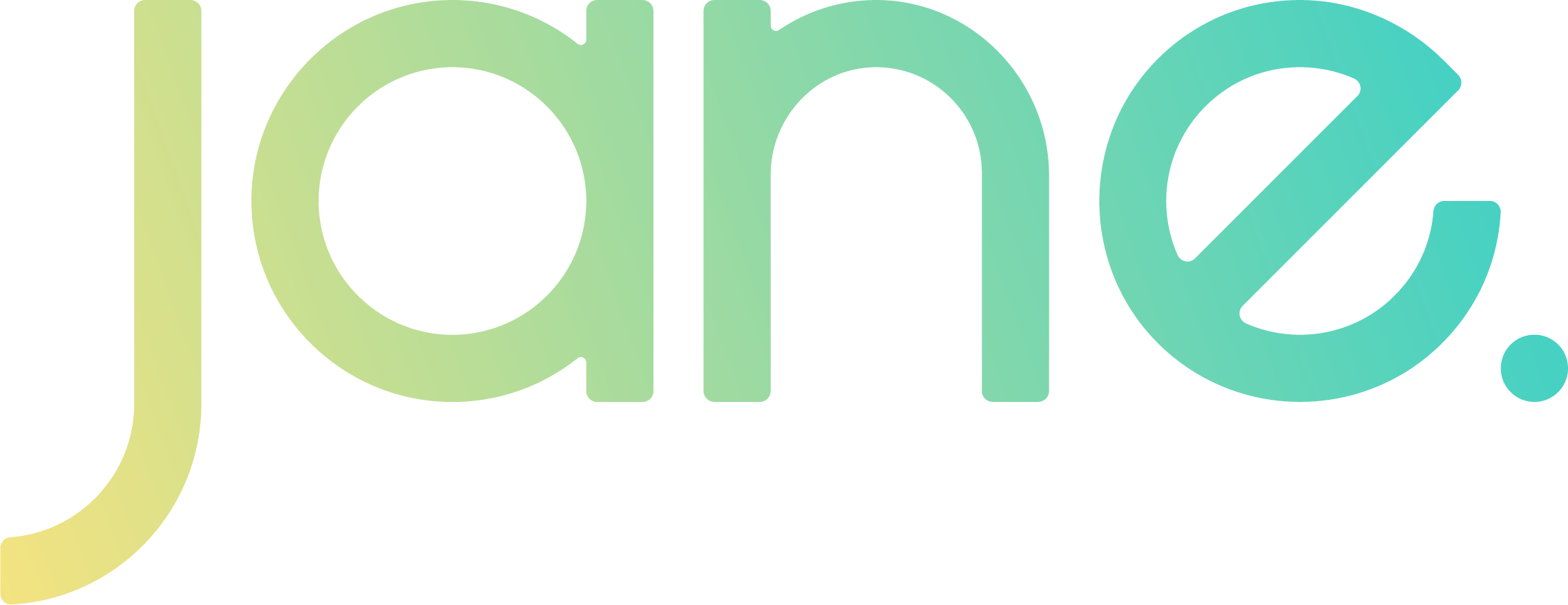Jane is a set of libraries to generate Models & API Clients based on JsonSchema / OpenAPI specs
Documentation is available at http://jane.readthedocs.io/en/latest/
View the CHANGELOG file attached to this project.
View the CONTRIBUTING file attached to this project.
Open Source time sponsored by JoliCode
- All contributors
- Digital Ping Pong & Alexandre Godreau for our logo
View the LICENSE file attached to this project.






